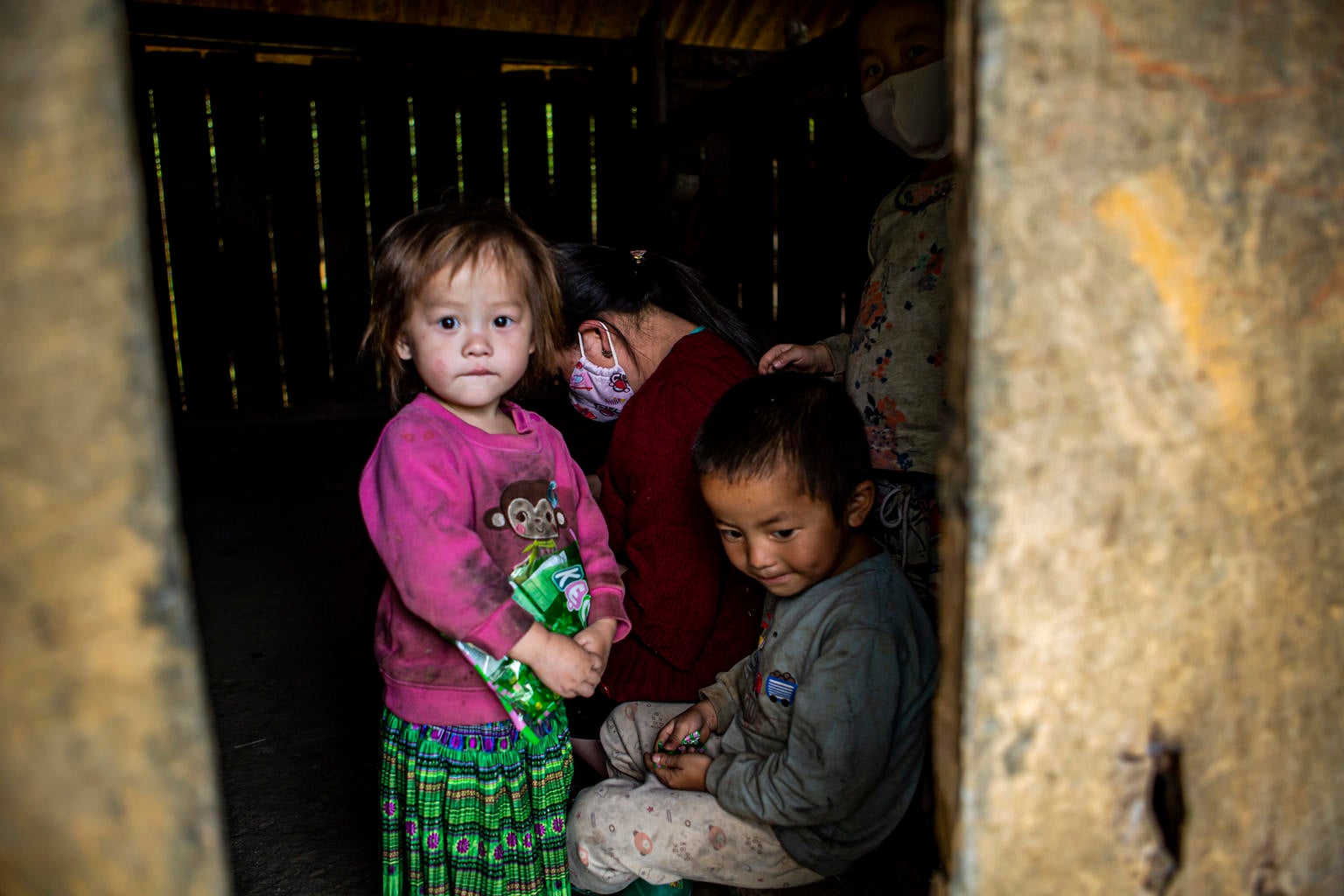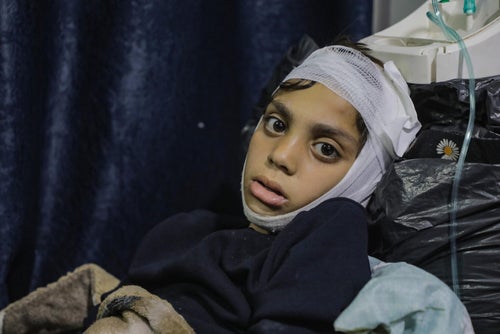They may be less likely to get COVID, but children are bearing the brunt of the pandemic.
The number of children and young people out of school is at levels unseen in our lifetimes. Youth unemployment has risen sharply and some children have lost their parents and caregivers to the virus.
For children and young people living through the pandemic, their formative years have been disrupted in a way that their parents never experienced. And the impact will be long-lasting.
Here are some of the pandemic’s hidden impacts on children you might not know about.
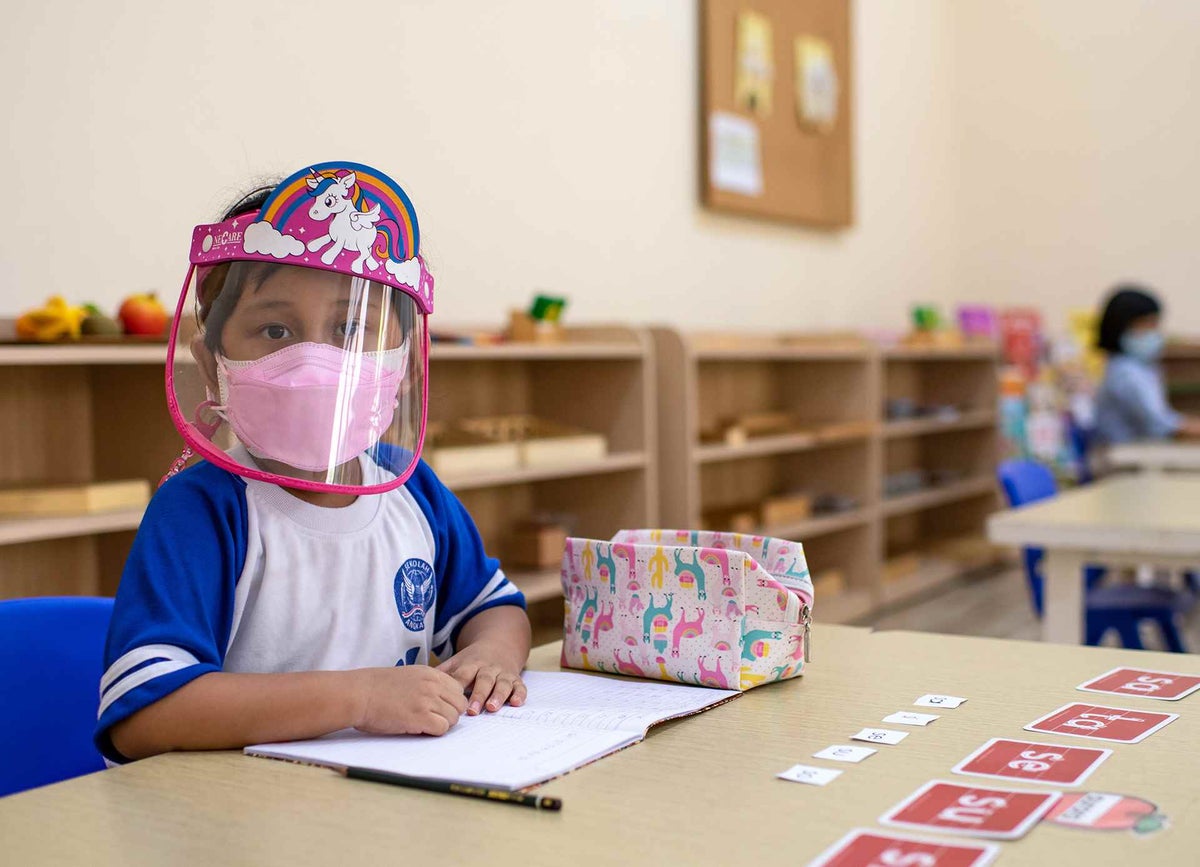
Children are still out of school
Aurora is back at school after almost a year and a half of learning from home. “I’m happy to be back in school,” she says. “I’m happy to meet my friends again.”
More than 18 months into the pandemic, schools remained completely closed for nearly 77 million students worldwide.
In Indonesia, schools were closed until September 2021, affecting millions of students and teachers. Today, the country’s capital, Jakarta, has reopened schools at 50 per cent capacity as COVID restrictions ease.
However, children worldwide are facing a third year of disruption to their education. More than 156 million students are still affected by full school closures in 19 countries, and millions more affected by partial closures.
The consequences of school closures – learning loss, mental distress, missed vaccinations, and heightened risk of drop out, child labour, and child marriage – will be felt by many children, especially the youngest learners in critical development stages.
Even here in Australia, children in some states have had their education disrupted for more than 39 weeks.
UNICEF is calling on decision-makers and governments to safely reopen schools as soon as possible – and keep them open – to avoid a generational catastrophe. Our teams support children around the world with remote learning and make sure classrooms are safe for their return.
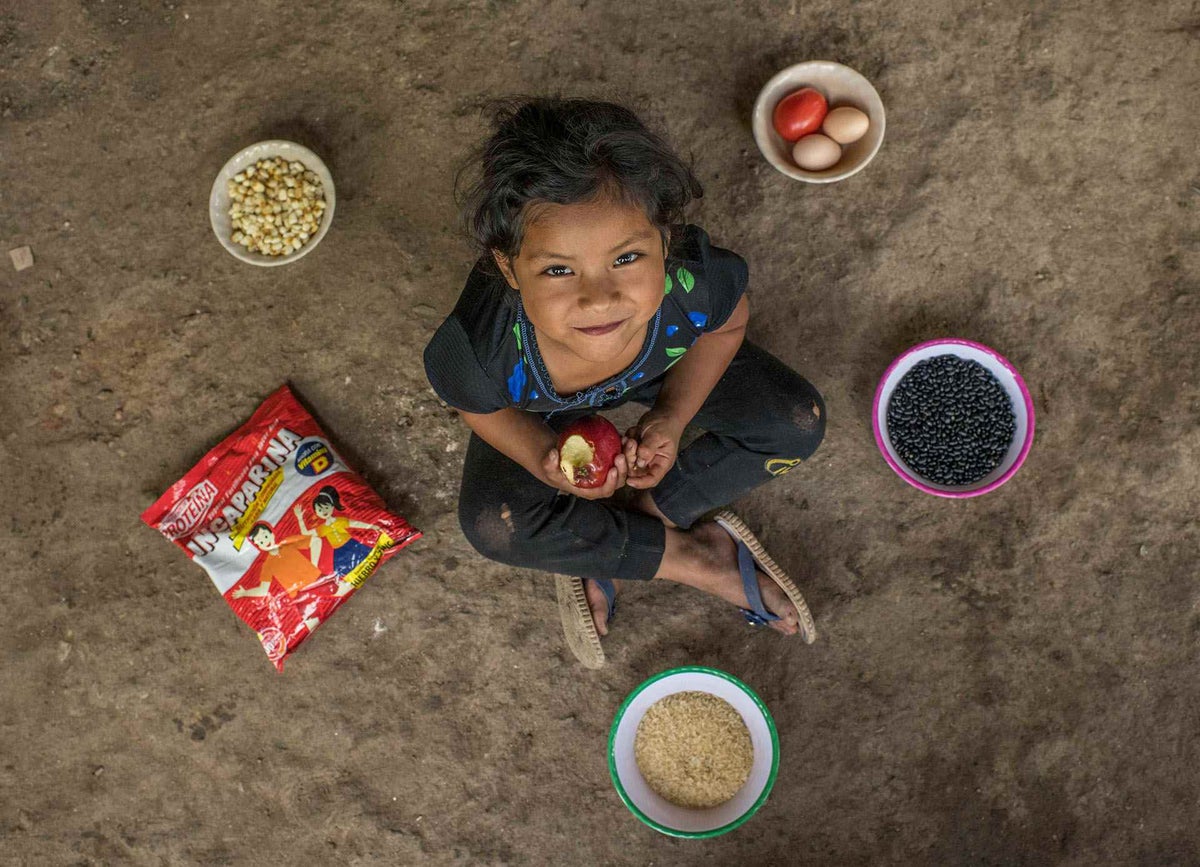
Nutrition crisis
Alongside disruptions to education, children’s health and wellbeing is at risk. Malnutrition rates are on the rise globally.
The economic fallout from the pandemic is driving many families into poverty, with some unable to afford healthy food in local markets, forcing them to reduce the quality of their children’s diets.
In countries like Guatemala, COVID-19 is compounding an already-critical situation. Jessica’s mother, Catalina says due to limited resources and the distance of the market, it is difficult for her to feed them with healthy food.
“Jessica likes all food. I started feeding her at five months and her first meal was bread,” says Catalina.
This year, 31 children with acute malnutrition had been identified in Calatina’s small town – a figure significantly higher than the usual average of 18-20 children before the COVID-19 pandemic.
At the beginning of the pandemic, UNICEF warned an additional 6.7 million children under the age of five could suffer from wasting and then become dangerously undernourished as a result of the social-economic impact COVID-19.
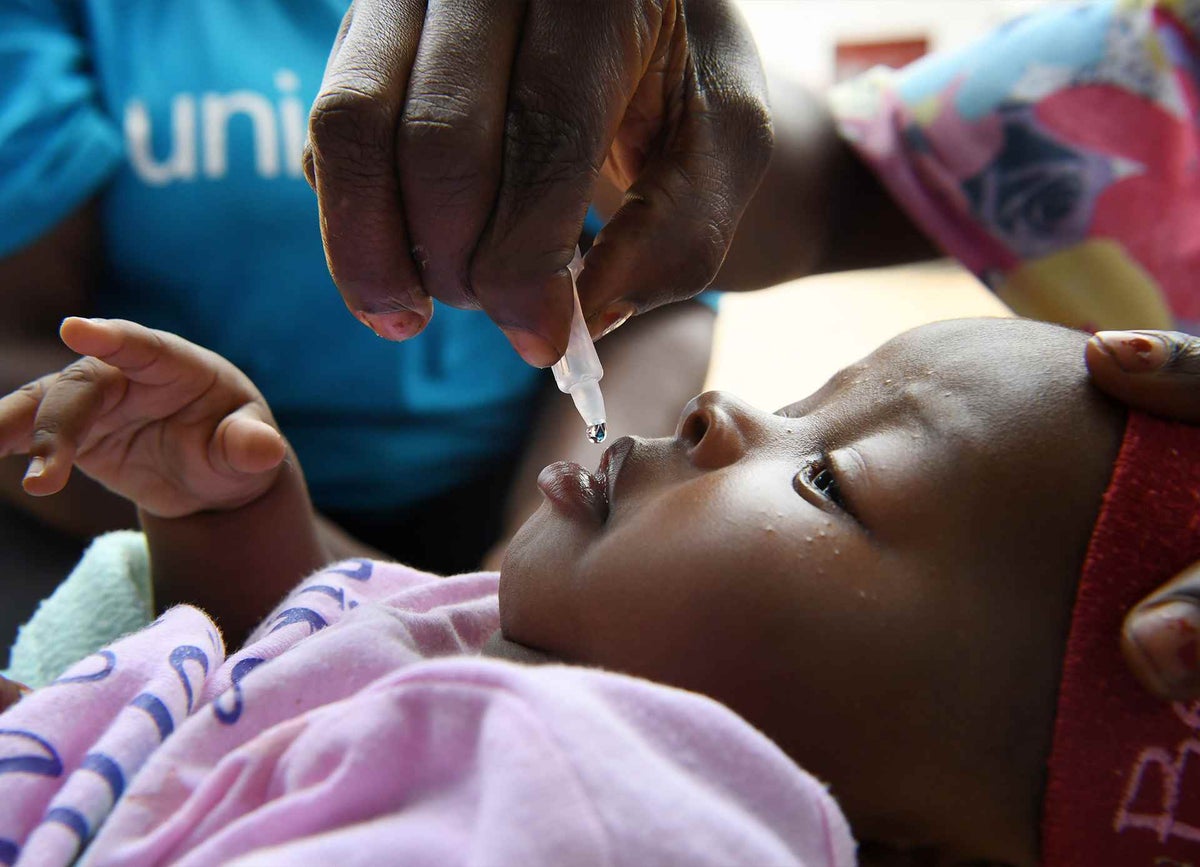
Critical vaccinations delayed
As families stay home to stop the spread of coronavirus, children are missing out on essential routine vaccinations against deadly but preventable diseases like measles and polio.
In 2020, 23 million children missed out on routine vaccinations – 3.7 million more than in 2019.
“With any big emergency that reaches the community, we see access to routine healthcare take a huge hit and immunisation is a critical part of that,” says Alice Hall, Senior Programs Manager for the Early Years at UNICEF Australia.
“People have less access to information about when and if they should be vaccinated. Health centres are also overwhelmed and less likely to follow up when children miss their vaccinations.”
Nothing is more heartbreaking than seeing a child suffer from a preventable disease. UNICEF teams are on the ground and continues to provide vital health care services to the children that depend on them.
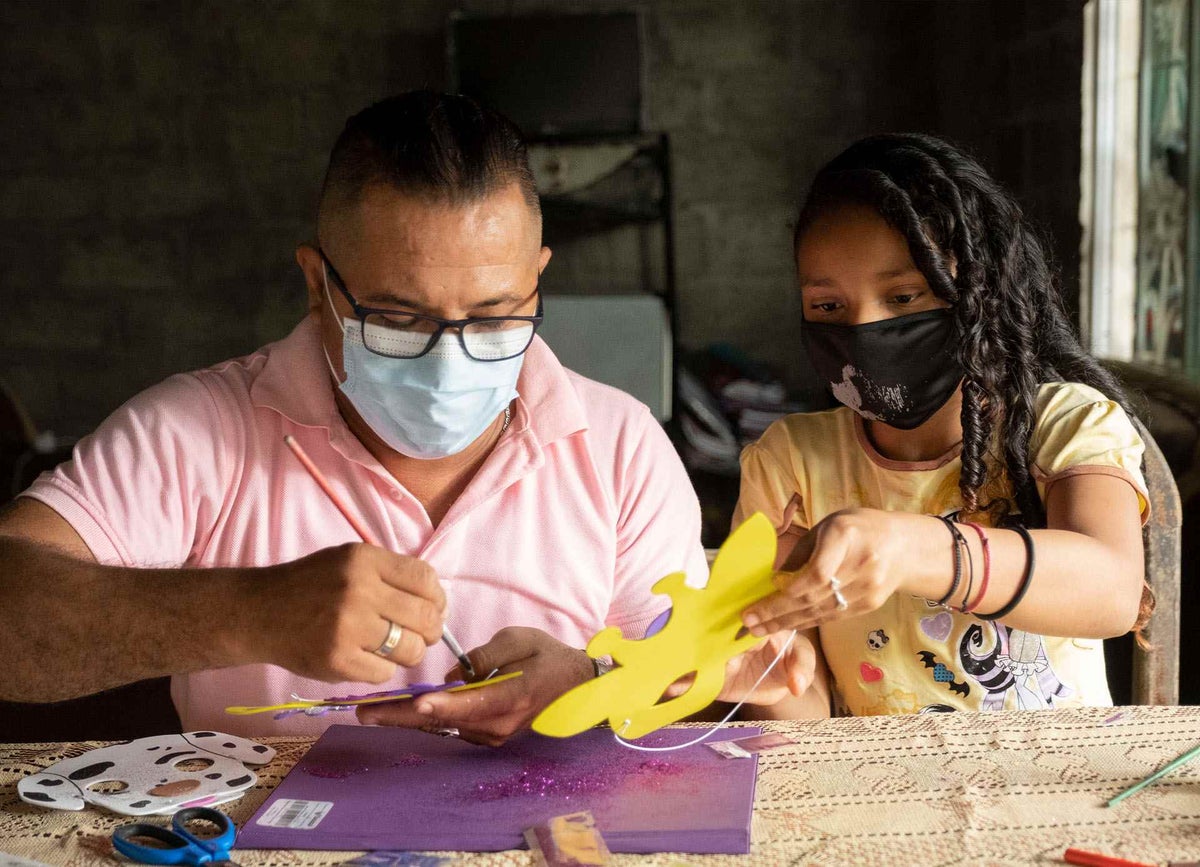
Isolation taking a toll COVID-19 is taking a significant toll on children and young people’s mental health and wellbeing.
As children and young people continue to face the stress of the pandemic, we must ensure they receive the mental health support they need to make it through this distressing time and exit the pandemic with the resiliency that allows them to thrive.
The only contact Brithany has with her teachers and fellow students is via telephone or video calls. It's a big change from the classroom. Along with schools closures, the pandemic has left millions of children and young people without mental health support.
“I miss school a lot. It's not the same studying at home and I miss being with my classmates," says Brithany.
In Ecuador, four out of 10 students reported feeling more anxious and stressed during the pandemic.
"There are children who are going through situations that we are unaware of. We, as teachers, through a phone call or a home visit can help them in some way,” says Brithany’s teacher Luis.
Luis was part of a group of 1,200 teachers who learned how to provide psychosocial support to their students by telephone through a UNICEF-supported program. Children need to get their learning, and their mental health and well-being, back on track.
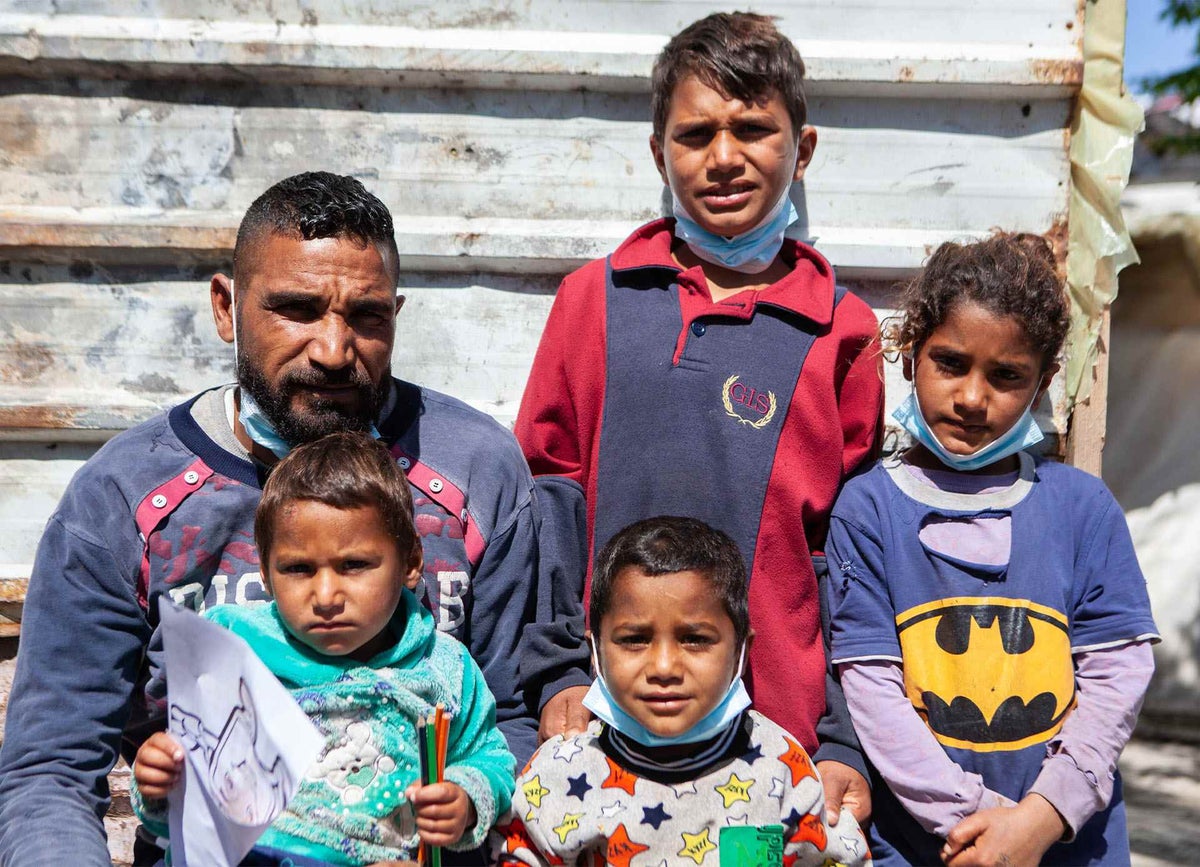
Parents out of work
As families lose their sources of income due to COVID-19 and the global economy has been plunged into a recession, an additional 140 million children in developing countries are projected to be in households living below the poverty line.
Over the past year, Lebanon has suffered from a devastating economic crisis, the COVID-19 pandemic and an explosion that killed more than 200 people in Bierut.
Falling incomes have forced families to resort to negative coping mechanisms, including child labour, child marriage, taking on excessive debt, and undereating, which have adverse effects on children and parents alike.
“My son has just turned 11,” says Hamad, who lives in a displacement camp with his family. “He’s not yet strong enough to work, but it won’t be long before he needs to go out and work the same way I do.”
UNICEF was in Lebanon before the crisis, and continues to provide support to families through cash payments to them provide for their children and meet their need.
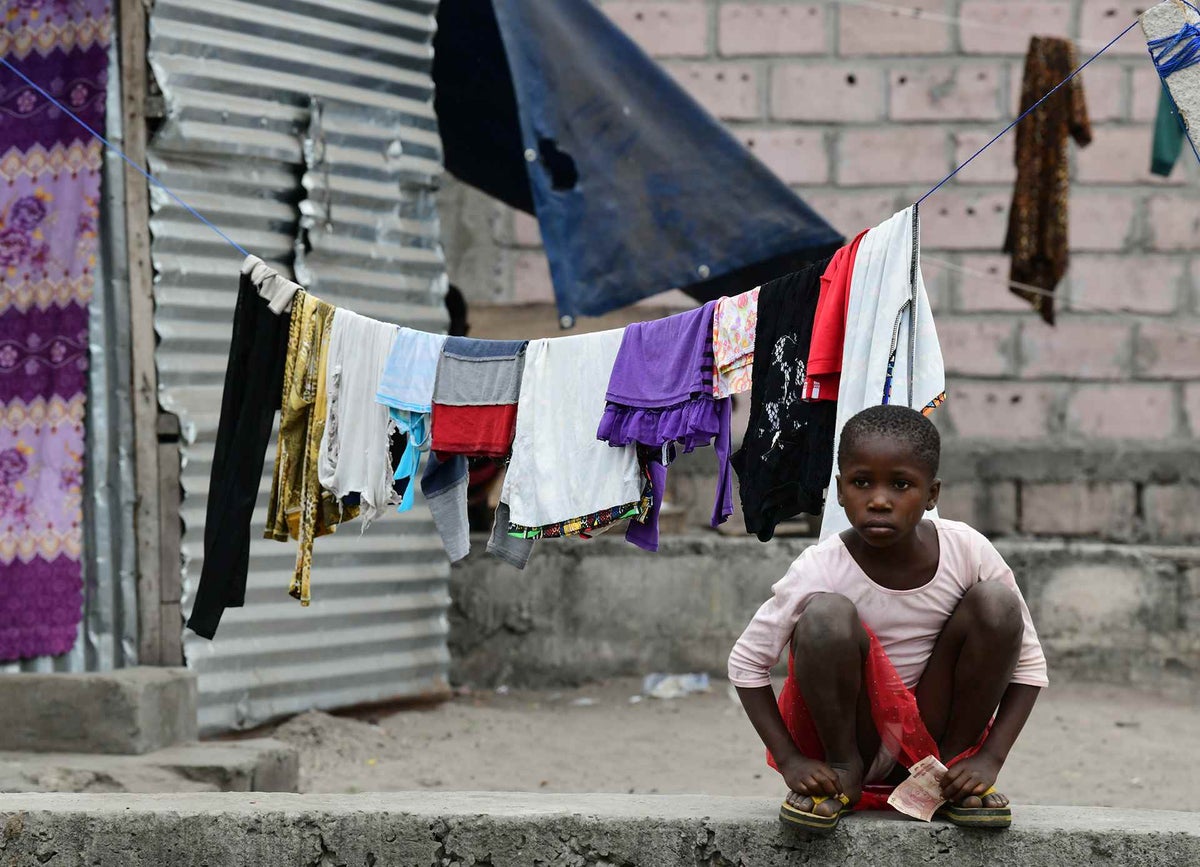
Child protection at risk
Another impact you may not have thought of is child protection. COVID-19 is leaving children vulnerable to abuse, exploitation and violence.
Closures to schools puts children at risk of greater exposure to violence and sexual abuse without the additional support network of their teachers. With most families staying at home, children have less, and in many cases no, access to outside contacts.
“With the increased economic, social and psychological pressures that families are experiencing right now, many countries have reported increasing cases in domestic violence - that’s violence against children but also violence that children are witnessing at home,” says Alice.
“This can be extremely damaging not only for their emotional wellbeing but also their cognitive development which can impact their whole life.”
Alice says schools can be a protective place for children who need support or a helpline.
While the world focuses on COVID-19 case numbers and all-important vaccination rates, children are quietly suffering from scary and life-changing impacts. Unable to access adequate food or essential medicines and increasingly vulnerable to exploitation, we need to make sure these hidden victims are no longer ignored.
UNICEF provides nutritional food, essential supplies and safe spaces for the children who need it most. We are there for children, no matter what.
DONATE NOWRelated articles
Stay up-to-date on UNICEF's work in Australia and around the world



